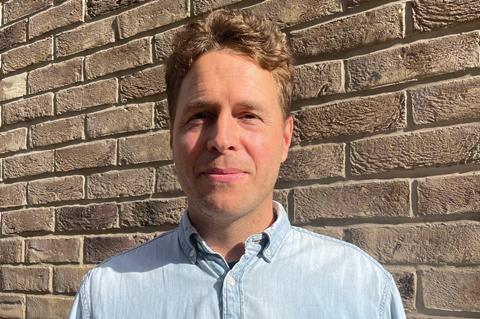
Who? Niall Toru, senior lawyer, Friends of the Earth.
Why is he in the news? Friends of the Earth has written to government lawyers for urgent clarification on what Rishi Sunak’s recent net zero announcements mean for current legal challenges to the government’s climate action strategy.
Thoughts on the case: ‘The Climate Change Act came into force in 2008, after a successful campaign led by Friends of the Earth, with huge public and cross-party support. The UK became the first country to have science-backed, long-term, legal targets to cut harmful emissions. Last year’s landmark ruling forced the government to revise its unlawful strategy to meet these targets. This showed the legislation has teeth and can hold governments accountable for climate inaction. But the revised strategy still falls short, as ministers were not fully open about the risk of its policies, which rely heavily on unproven technologies and untested business models, not meeting key climate targets. This is at the heart of our second challenge. More recently, the prime minister has weakened key pledges on electric vehicles and home insulation. We’re looking closely at the legality of this, as the act is clear that the government must have policies in place to enable the UK’s targets to be met.’
A government spokesperson said: ‘The UK has already overperformed against our previous targets and we’ve cut emissions faster than any other G7 country. We are adopting a fairer and more pragmatic approach to meeting net zero that eases the burdens on working people.’
Dealing with the media: ‘We see a great deal of interest from the media in all our legal challenges, including over the government’s net zero strategy, from mainstream outlets to more specialist titles. It’s so important because reporting on climate litigation cases really shows people that it’s possible to hold governments and huge corporations to account on climate action. It’s hopeful and inspiring to show the courts being used in this way. Effective climate reporting is also essential for holding our leaders and businesses to account for failing to take the action needed to tackle the climate crisis.’
Why become a lawyer? ‘To change things for the better. I still see it that way, although lawyers can, and often do, make things worse. I was therefore pleased to see recent Law Society guidance confirm solicitors can say no to working on matters that are incompatible with the global climate goal to limit warming to 1.5C. It’s right that firms are increasingly judged on their deeds – including what work they take on – rather than their words.’
Career high: ‘Supporting cases and causes I believe in.’
Career low: ‘Seeing, on the one hand, the unequivocal scientific consensus that we’re in “code red for humanity” and, against this, seeing the totally inadequate response of our political and economic systems.’































No comments yet